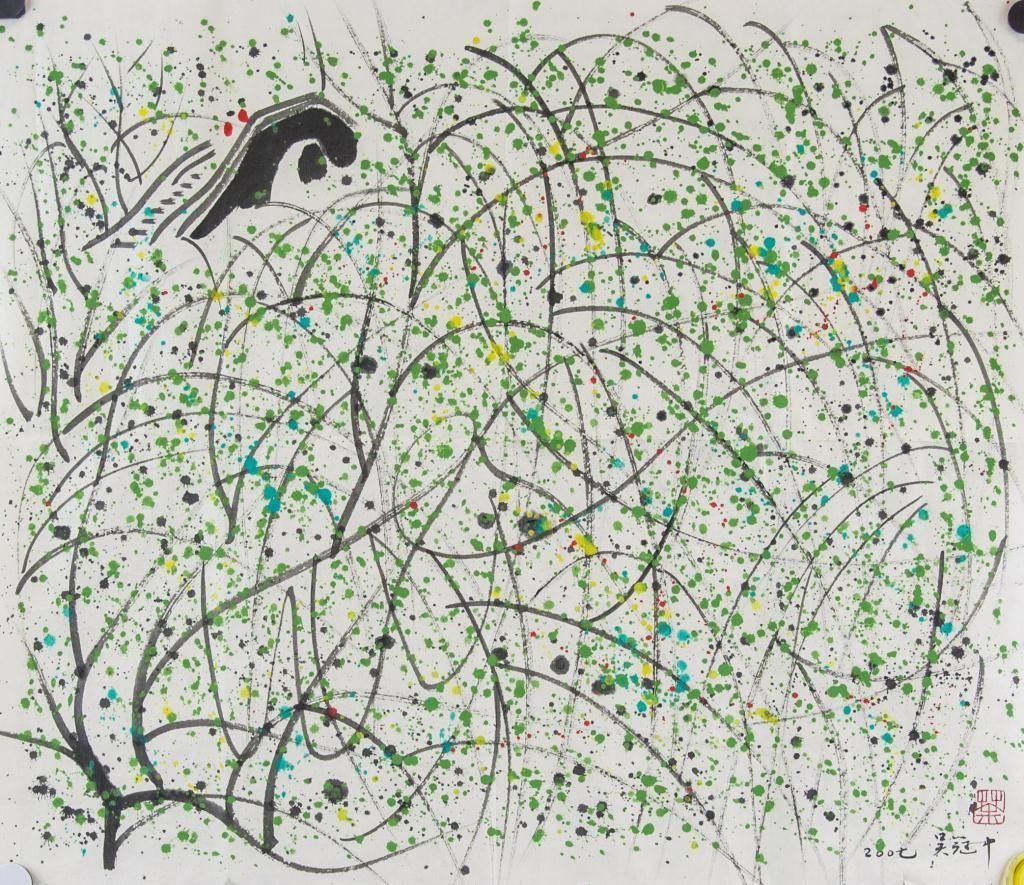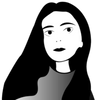The power of focused attention

Last month I was lucky to spend several weeks luxuriating in complexity science.
Hosted by the Santa Fe Institute, the Complexity Interactive program is a virtual, part-time course focused on complex systems— equal parts lecture, discussion, group project, and mental orgy.
Attendance was a gift to myself after many years of intrigue, historically hoping to attend one of SFI’s summer schools in person but never quite justifying the full time away. When the opportunity came to participate part-time and remotely at the completion of my personal sabbatical… I jumped at the chance whole-heartedly.
What follows is a jaunt into some of that exploration.
What lies between a crystal and a gas?
My preferred description of complexity science is the one I’ve heard posed by David Krakauer, SFI’s current president. DK sets the landscape as the description between classical and statistical mechanics. Or in other terms, the world of crystals at one limit and the world of gases at the other. It is there, in the grey area between limits— between the simplistic and the disorganized— where organized complexity lies.
Complexity is this domain of reality that straddles the very regular and the random. […] One limit, classical mechanics, and the other limit, statistical mechanics. And both are powerful theories, one dealing with crystals and the other one dealing with gases. The perfectly ordered and the very disordered. And in the middle is where it all gets complicated and complex, and that’s where we live at SFI.
Krakauer goes on to say that in this realm of organized complexity there are currently two main approaches to engage and play. One is AI, with its focus on prediction. The other is complexity science, with a focus on explanation. Each is good at one, neither is good at the other. And yet, these two approaches still dance together to the music, dependent on each other for the full set yet still confidently making standout moves on their own.

D Silver describes steps towards convergence in his UCL reinforcement learning class
Complexity science itself is rogue by design. Krakauer even cautions that if we place too much definition and discipline on the study, the significance might fade away. There is brilliance in the lossiness: too crisp in resolution and the captivation is lost. The same is true for concepts. To quote a SFI classmate, “We all have an intuitive sense of complexity concepts but when it comes to practice, something that seemed so clear now seems to fade.”
It’s all like a life-like dream: once you confidently start to tell the details they begin to fade and the endeavor feels almost impossible. There’s a gap that needs to be bridged. One that many of us feel compelled towards, with our deep urgency to explain.
Interlude
My focused attention started earlier, with a several month personal sabbatical to explore a career move back into climate tech. My overarching question: Given my experience and skills, where should I direct my attention? Should I help deploy existing climate technologies of today, or help enable necessary climate technologies of tomorrow? (Retroactive response: Both are critical.)
Just at the start of my new phase, our backyard beehive decided to swarm. The hive made a collective decision for change, a culmination of small actions from atomic individuals. They moved from comfort to constraint, a risk-reward tradeoff in pursuit of extending the colony. I took that concept to heart. With the bee swarm as my metaphor, I also began an exploratory yet focused search for a new home.
In those early days of my search, my attention-concentrate was focused on exploring. I dug into the concrete industry, dabbled in storytelling, researched NFTs, and explored new business models. I spoke with founders commercializing cleantech, worked with my hands to redo the physical flooring beneath my feet, and even dove into courses on reinforcement learning.
That period was a delicate balance of finding the best suitable option: exploring nooks and crannies widely while staying alert to those spaces with the most potential.
All the world’s a stage
My exploratory period culminated (initiated?) with the SFI Complexity Interactive course, an approachable amuse bouche delightfully paired with a savory group project on metaphor.
Metaphors transfer information and meaning from one phase to another. They compress information into bite-size chunks, distilling complicated, fuzzy ideas into crisp, memorable phrases. Metaphors also focus attention: they swiftly reduce cognitive load by inserting packets of understanding already processed, and they inoculate emphatic, movement-oriented feels into an otherwise stationary state.
With focused attention (and the gift of time), I encouraged the ideas spurred in class to flocculate in my mind. I let them collide with other inputs, morphing into new types of agglomerated blobs. With the concept of metaphor as a structured ?️, new ideas from each class could get stuck— just the way I wanted them to.
Metaphors are interstitial, uniting different personal stages, different groups, and different time frames. When you’re learning, trying to reconcile your current understanding with the next level that you don’t yet grock… metaphors often act as a variable to help you get there. When different disciplines come together, metaphor allows for a common language: injecting an idea from one specialty into another. (Of course, these metaphors then mutate to take on their own meaning, but if chronicled effectively… is there harm in that?) In addition, metaphor allows us to imagine new time frames, offering us tools to create new stories envisioning the future.
Our group explored these ideas from different angles– from quantifying structure in narrative, to comparing human vs. machine translations, to open-ended discussions on definitions and metaphorical evolution.
What started as group exploration transformed into my own personal query. A convergence of lossy inputs into a cleaner question. A new attention for my time.
How can we use metaphor (and similar tools like speculative fiction) as a tool for understanding?
I look forward to exploring these ideas over the next several months.
Writing Reflections
This piece ends abruptly, without a good conclusion. I wonder if its because– even though I frame my exploratory period with a beginning and an end, I’m actually still in the thick of it.
I expect I’ll return to this piece in some months time and it will make more sense. I hope it will.
